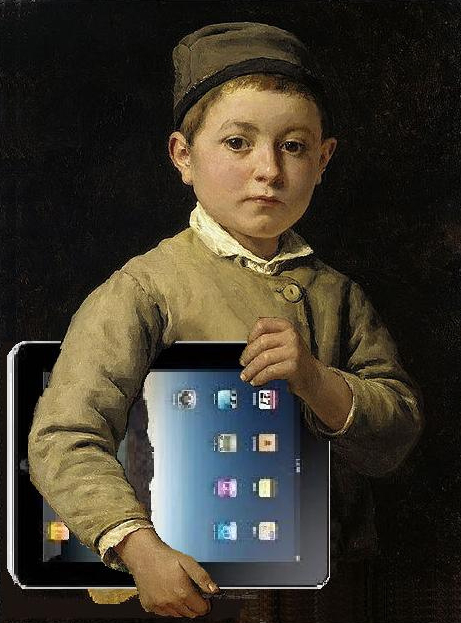Kids start planning early
 A new study suggests children spontaneously practice skills to prepare for the future starting at the age of 6.
A new study suggests children spontaneously practice skills to prepare for the future starting at the age of 6.
“Our study contributes to our understanding of how young children start to regulate their own learning to achieve their long-term goals, as well as the development of the cognitive processes that allow people to acquire a range of general skills and highly specialized expertise throughout life,” says lead researcher Melissa Brinums.
“It is one of only a small number of studies documenting age related differences in children’s future-oriented behaviour beyond the preschool period.”
Researchers tested 120 children ages 4 to 7 years. Most were from European-Australian, middle- to upper-middle-class families.
Children in one room were shown three games involving motor skills and told they would be tested on one of them (a target game) later, winning stickers based on their performance.
Children were then brought to a different room with replicas of the games they had seen in the first room and told they had five minutes to play before returning to the first room for the test.
The researchers anticipated that children who understood that practice could help their future performance would spend more time playing the target game than the other two games.
After playing, children were asked which game they played the longest and why, what they could do to improve on the games, and if they could explain what practice is.
Most 6- and 7-year-olds explained what practice is and knew that it helped improve their skills, and most played the target game longer than the other games and said they did so to practice for the test.
Most 5-year-olds showed an understanding of practice and spent slightly longer playing the target game; however, when asked why they had chosen to play that game, the 5-year-olds said they did so for reasons other than practice.
Most 4-year-olds did not understand the concept of practice and did not spend more time playing the target game.
The findings indicate clear improvements in children’s deliberate practice from ages 4 to 7.
These increases in understanding of and engagement in deliberate practice may be due to age-related improvements in cognitive capacities such as episodic foresight, metacognition, and executive functions, the researchers suggest.
Episodic foresight, the capacity to envision the future, allows children to foresee the future utility of a skill. Metacognition, the capacity to reflect on and monitor mental states, and executive functions, the cognitive processes that allow us to control our thoughts and behaviour, play important roles in allowing children to monitor and control their own learning.
“By providing insight into children’s understanding of practice and the age at which they start to practice for the future with and without prompting, our study may help caregivers and teachers structure age-appropriate learning activities for children,” notes Kana Imuta, a psychology researcher at the University of Queensland, who coauthored the study.
“For example, out findings suggest that it may be beneficial to start having conversations with children as young as 6 about their future goals, and encourage them to think about and work toward those goals. A focus on the future may help kids understand why practicing is so important.”








 Print
Print